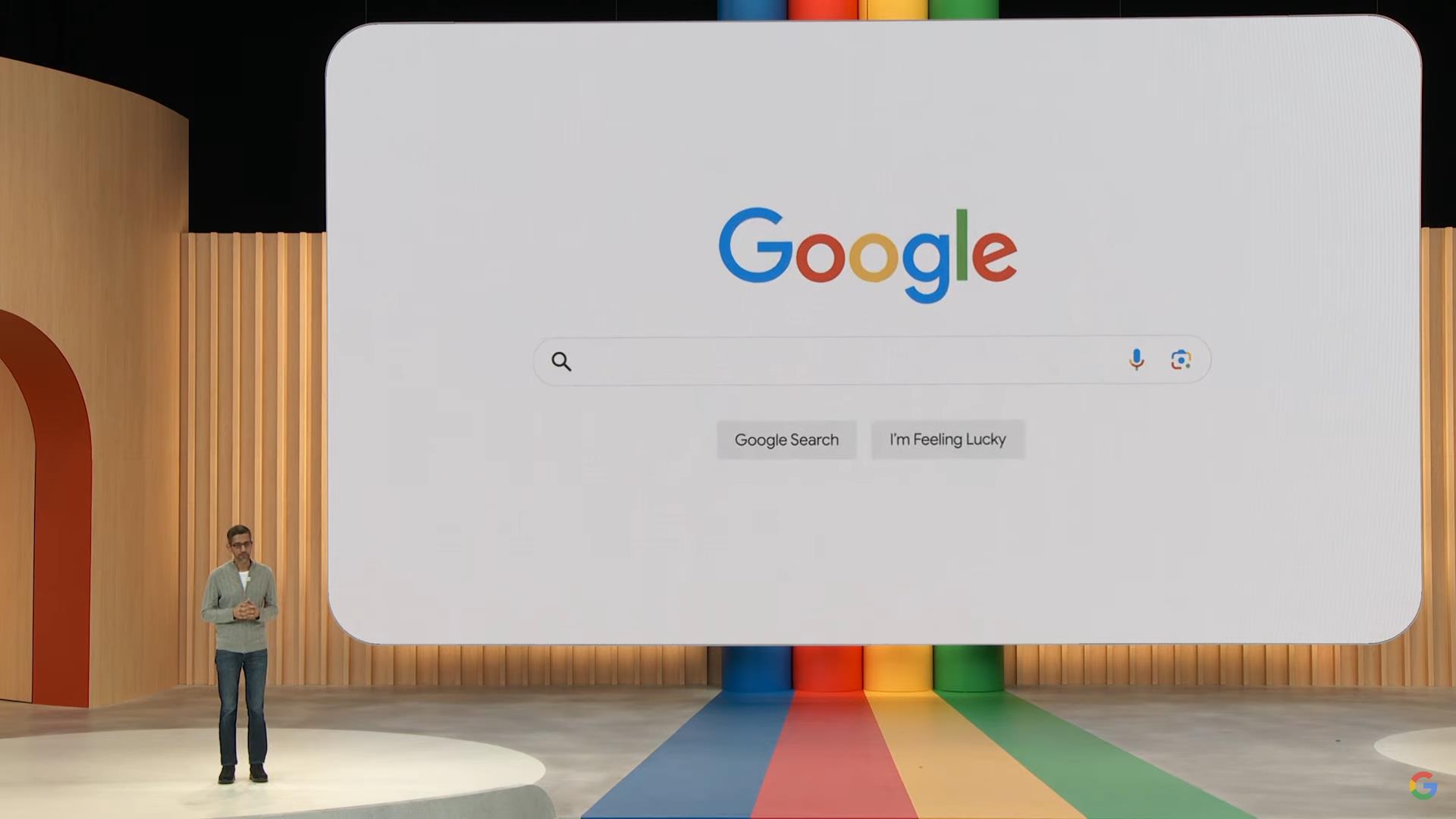Google working on an AI assistant that could answer 'impossible' questions about you
It may even highlight important chapters in your life

Sign up for breaking news, reviews, opinion, top tech deals, and more.
You are now subscribed
Your newsletter sign-up was successful
Google is reportedly developing an AI assistant that will analyze personal photos, files, as well as Search results with the goal of telling “your life story”.
This news comes from CNBC which saw documents revealing that the tech giant recently held an “internal summit” where company execs and employees presented Project Ellman. According to the piece, the AI will offer a “bird’s–eye view” of someone’s life by grabbing files from your Google Account, and utilizing written biographies and adjacent content to understand context. This process includes sifting through the information files to pinpoint important moments. The Google employees claimed Project Ellman could deduce the day a user was born, who their parents are, and if they have any siblings.
It doesn’t stop there because apparently, it's able to highlight chapters in your life like the years you spent at college or living in a certain city. Ellman can even learn your eating habits. If, for example, you upload a bunch of photos of pizza and pasta, the AI can infer that perhaps you’re a big fan of Italian food. The tech isn’t restricted to one person either as it can identify friends and family, plus social events you’ve been to.
Based on the report’s description alone, Project Ellman sounds very reminiscent of Memories on Google Photos, although on a much wider scale.
Personal chatbot
CNBC states the presentation continued with demonstrating Ellman Chat, which was described as ChatGPT, but with the ability to “answer previously impossible questions”. Judging by the examples given, the questions aren’t necessarily impossible; just tricky especially if you're a forgetful person. For instance, you can ask the chatbot the last time your brother visited or for suggestions on a location you can move to based on the pictures you upload.
Then we get to what may be one of Project Ellman’s secret purposes. By analyzing the screenshots users upload, the tech can make all sorts of predictions – from products you might buy, what interests you may have, plus future travel plans. The presenters also pitched the idea that it can learn what websites you frequent.
Project Ellman may know you better than you know yourself.
Sign up for breaking news, reviews, opinion, top tech deals, and more.
Analysis: All about you
We don’t think we have to tell you just how creepy all this sounds. We’re talking about an AI diving deep into your files, scrounging for every bit of data it can grab. Where is all that information going?
Gemini, Google's new large language model (LLM) is implied to be the model that’ll power Project Ellman because it’s multimodal, or in other words, it can accept multiple forms of inputs besides text. Generative AIs need a constant stream of content to stay up to date. It seems like Google might be pole-vaulting over privacy boundaries, seeking more data to feed Gemini and keep it growing.
Granted, there’s no guarantee Ellman will ever see the light of day. A Google spokesperson told CNBC this is all an “early internal exploration”. If there are plans for a release, developers will take the time to ensure it’s helpful to people while keeping user privacy at the forefront.
We urge you to take this statement with a grain of salt. Despite their supposed best efforts, the company has a storied history when it comes to privacy issues. The company gets into a lot of trouble for it. Just look at the Wikipedia page on the topic; it’s huge.
Hopefully, this is all overblown and the tech giant doesn’t launch a digital vacuum cleaner sucking up everything.
If you're looking for ways to start protecting your data, check out TechRadar's list of the best ad blockers for 2023.
You might also like

Cesar Cadenas has been writing about the tech industry for several years now specializing in consumer electronics, entertainment devices, Windows, and the gaming industry. But he’s also passionate about smartphones, GPUs, and cybersecurity.